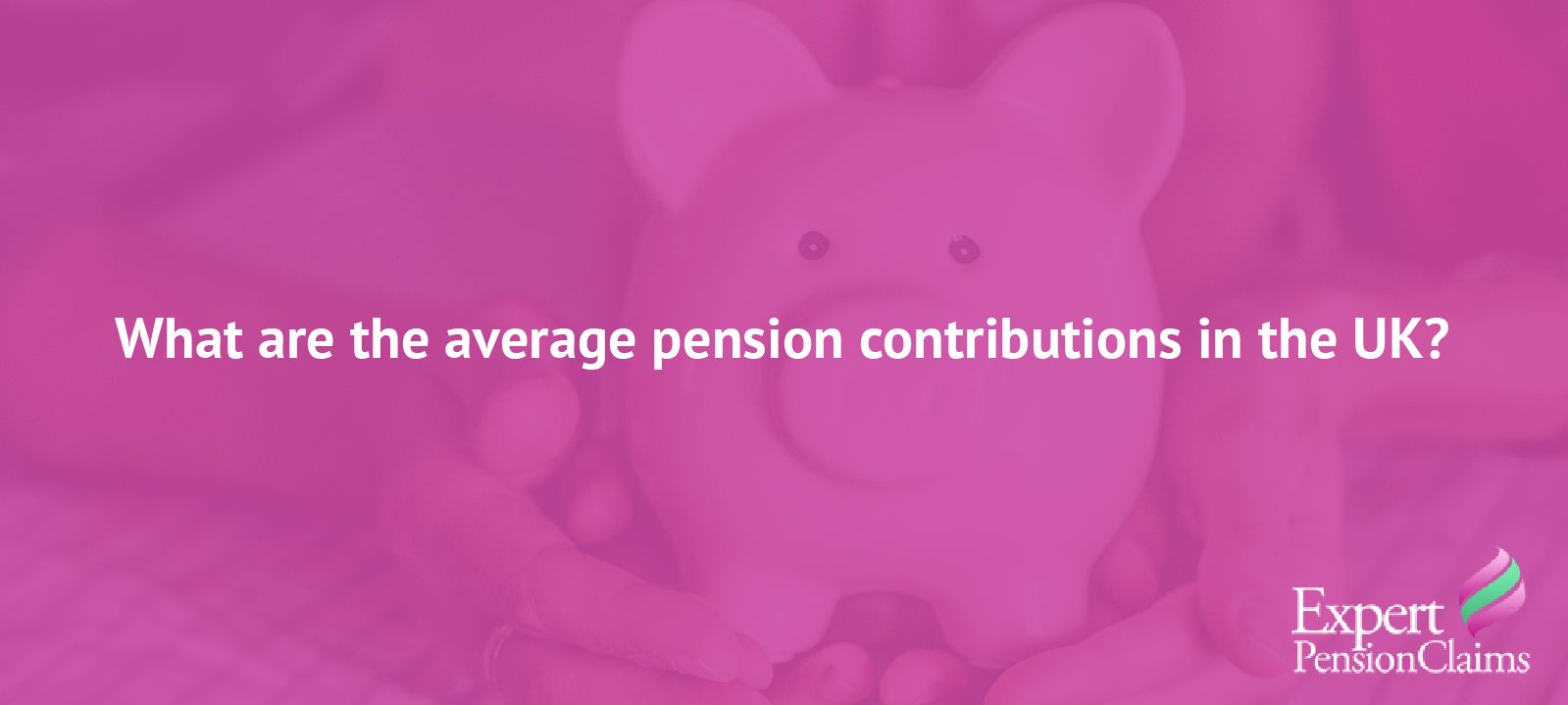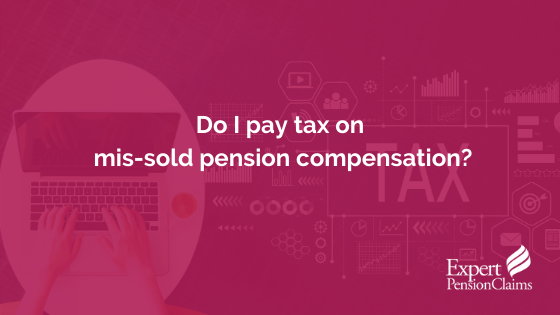When it comes to your workplace pension scheme, it is important to know that you are being paid the right level of contribution from your employer. For every scheme, the Government has set minimum levels of pension contributions that must be paid by you and/or your employer.
It is the responsibility of your employer to tell you how much money will go into the scheme. However, to make sure that you don’t lose out on your hard-earned retirement savings, we have compiled a guide that tells you all you need to know about the average UK pension contributions for this year.
What are the recent changes to workplace pension contributions?
According to HMRC, the average pension payment per individual has decreased despite a hike in overall pension contributions. As of April 6, 2019, minimum contributions to a UK workplace pension scheme have increased to 8%. But what do these changes actually mean?
In previous years, total pension contributions were set at 5%, including 2% from employers and 3% from employees. The 8% increase to overall pension contributions this year means that employers must contribute at least 3% to pension pots, and the remaining 5% has to be made up by employees. According to calculations from Hargreaves Lansdown, this means that an extra £30 will leave a worker’s monthly pay to cover the cost of pension contributions.
There is good news, however. From calculations made by Hargreaves Lansdown, this change could potentially boost an employee’s pension pot over the long term. For example, the change would benefit the pension pot a 22-year-old who only makes minimum contributions by half – or around an extra £55,000 based on average earnings – by the time they retire.
Why are these changes to pension contributions taking place?
HMRC has stated that the introduction of auto-enrolment and the increasing use of group personal arrangements to deliver workplace pension schemes have led to such a change in overall pension contributions.
Auto-enrolment was first introduced back in 2012 to boost retirement savings and it is estimated that 10 million people are now using this scheme (according to data from HMRC). That being said, the increase to overall pension contributions is a response to the growing number of people used to pension saving.
Experts themselves say that the change to overall pension contributions marks for ‘the end of the beginning for automatic enrollment’. They have also mentioned that the next stage is to encourage people to review their pension contributions every time they receive a pay rise. This is to ensure that they are paying enough in their pots to have a comfortable retirement.
Could I claim pension compensation if I’m not being paid the minimum level of pension contribution?
Under the Pension Act 2008, it is the employer’s responsibility to ensure that at least the minimum level of pension contribution is being paid to staff. If you feel that your employer is paying out less than what you deserve, then you may be eligible for pension compensation. Expert Pension Claims are the UK’s pension mis-selling specialists, so get in touch with us today if you think you have a claim. Just simply fill out our online enquiry form or contact the team on 0161 968 0768.














